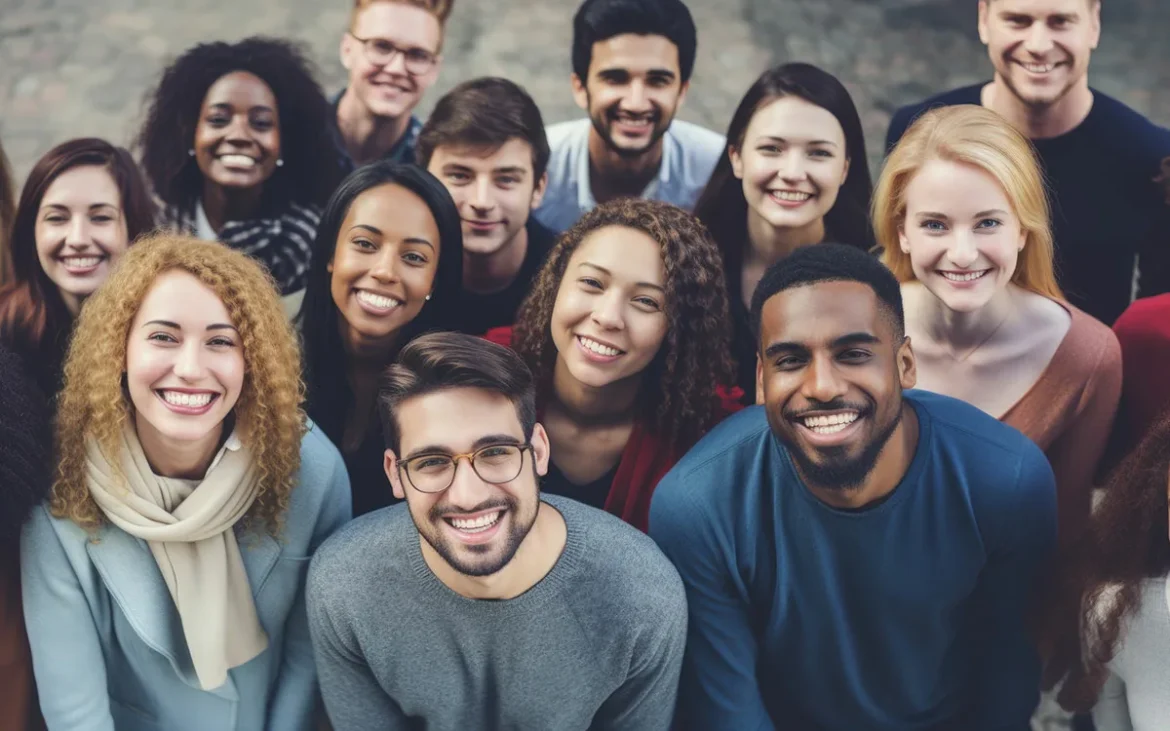Another critical factor is identity. In multicultural societies, individuals often navigate multiple cultural affiliations, blending traditions and creating hybrid identities. Far from weakening societies, this fluidity can enrich them, challenging rigid notions of belonging and fostering more inclusive definitions of citizenship.
Advertisement
Technology and media also influence how multiculturalism evolves. On one hand, they allow diaspora communities to maintain connections with their homelands, preserving cultural traditions. On the other, they can spread stereotypes or misinformation that reinforce divisions. Managing these dynamics requires careful attention to representation, fairness, and respect.
The future of multicultural societies is not predetermined. It depends on deliberate choices about values, policies, and everyday practices. If societies embrace diversity as a strength and invest in inclusion, they can thrive as models of cooperation and creativity. If they succumb to fear and division, they risk fragmentation. Ultimately, the success of multiculturalism will rest on humanity’s ability to balance unity with diversity, forging communities where difference is not just tolerated but celebrated.


